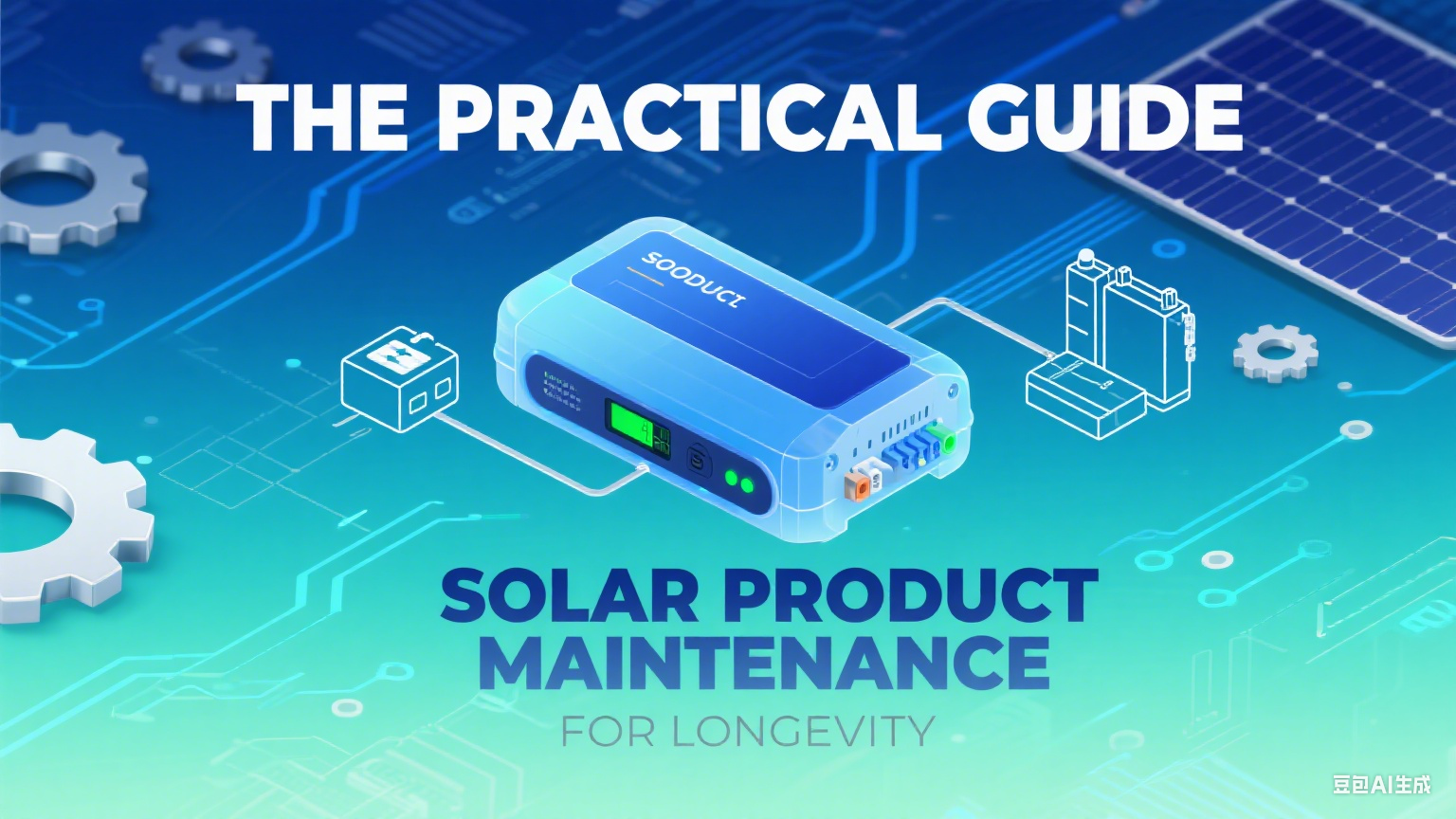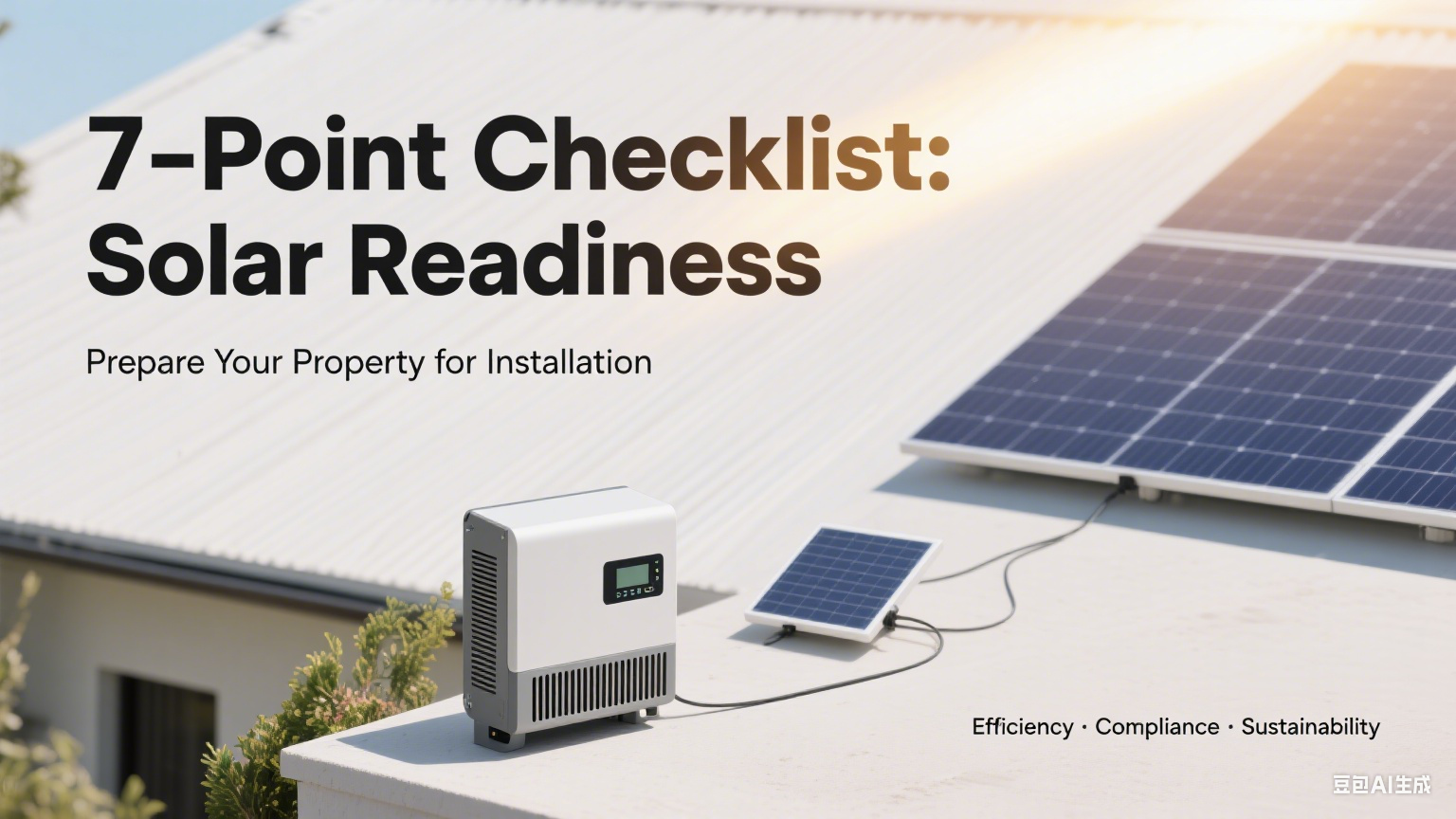
Solar PV Panels and PERC Technology: What Buyers Need to Know
Choosing a solar panel isn’t just about wattage—it’s aboutefficiency, durability, and suitabilityfor your energy goals. Two of the most common technologies today are thestandard solar PV paneland the advancedPERC solar panel. But what’s the difference, and which one should you choose?
If you're planning to install solar on aresidential roof, run anoff-grid system, or manage acommercial energy project, this article will break down the key considerations—and help you avoid common pitfalls.
What Is a Solar PV Panel?
Asolar PV (photovoltaic) panelconverts sunlight into electricity using semiconductors like silicon. These panels can bemonocrystallineorpolycrystalline, and they’re the backbone of solar systems for:
-
Homes
-
Factories
-
Farms
-
Schools
-
Government projects
Typical efficiency range:16%–21%
Common voltage:24V / 48V systems
Applications:Grid-tied, hybrid, off-grid
According to IRENA’s 2024 global report, over 95% of solar installations use PV panels—mostly silicon-based—due to affordability and performance balance.
What Is a PERC Solar Panel?
PERC (Passivated Emitter Rear Contact)technology adds a reflective layer on the rear of the solar cell, allowing it to capture more sunlight and produce more electricity—especially in low-light or high-temperature conditions.
Key benefits of PERC panels:
-
Higher conversion efficiency (20%–22.5%)
-
Better performance at dawn, dusk, and cloudy weather
-
More power per square meter (ideal for limited roof space)
-
Lower levelized cost of electricity (LCOE)
At thlinksolar, ourmonocrystalline PERC modulesare built for high-output rooftop and industrial applications, combining long life span with certified durability (TUV, CE, ISO).
When to Choose Solar PV vs. PERC Panels
| Use Case | Recommended Panel Type | Why |
|---|---|---|
| Residential roof with limited space | PERC panel | More energy per square meter |
| Budget-limited rural electrification | Standard solar PV panel | Lower upfront cost |
| Commercial building with stable sun | Either (PV or PERC) | Depends on shading and inverter spec |
| Cloudy or hot climate | PERC panel | Higher yield in low light and better heat tolerance |
| Government or EPC projects | PERC (if budget allows) | Meets modern efficiency benchmarks for compliance and subsidy |
Real-World Example: Rooftop Project in Colombia
A school in Bogotá installed a 40kW rooftop system using:
-
72 × 550WPERC solar panels
-
Hybrid inverter (Growatt 30kW)
-
50kWh lithium-ion storage
-
Roof tilt angle: 15° fixed mount
Results after 1 year:
-
14% higher output vs. nearby standard PV array
-
Reliable power during cloudy seasons
-
Eligible for Colombia’s Net Metering scheme
Technical Tips for Buyers
-
Check panel specs, not just wattage
Look fortemperature coefficient ≤ –0.35%/°Candbifacial gainoptions if needed. -
Match panel voltage to inverter MPPT range
For 48V battery systems, arrange panels in series-parallel configurations with correct Vmp. -
Ask for datasheets & certifications
thlinksolar provides CE, TUV, IEC, and factory test reports for all panels. -
Watch for PID (Potential Induced Degradation)
Especially on flat rooftops or humid climates—use anti-PID panels where applicable.
Why thlinksolar Stands Out
At thlinksolar, we offer a full range ofPV and PERC solar modulestailored for hybrid, grid-tie, or off-grid needs:
Mono and PERC modules from 400W to 670W
Certified for global markets (CE, TUV, IEC)
Factory-tested for PID, salt mist, and high humidity
OEM labeling available for distributors
Fast delivery and full system kits available
Choose Smart. Choose Long-Term Value.
While bothstandard PV panelsandPERC solar panelscan work well in many settings, the right choice depends on your climate, space, and energy expectations. By understanding how they differ—and what your project truly needs—you avoid overpaying or underperforming.
Let thlinksolar help you select and configure the best solar module for your next rooftop, factory, or hybrid system.
Visit thlinksolar.comto learn more
Talk to our expertsfor personalized advice




